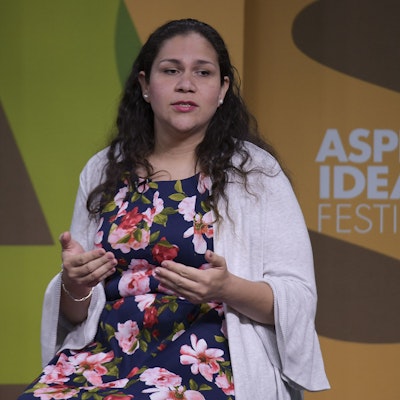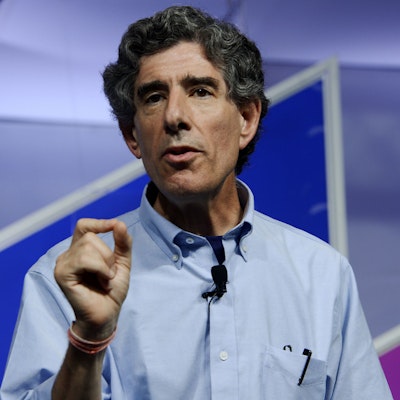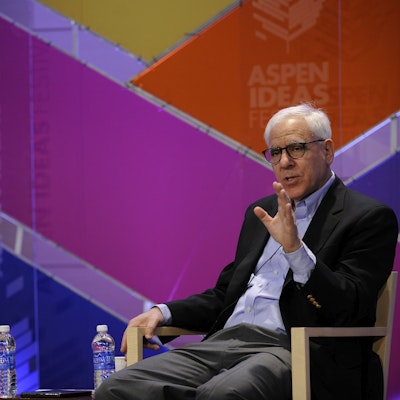
In the echo chamber of our own minds it’s impossible to regulate emotional tensions.
Show Notes
During the coronavirus epidemic, many families are spending lots of time together. Families with teenagers may notice extreme highs and lows – and it’s not just because of the global crisis. Once they reach adolescence, kids land on an emotional rollercoaster and even question their own extreme reactions. As parents, teachers, coaches, and mentors, how can we help teens communicate and navigate the intensity of their emotions? Leading experts on girls, boys, and the neuroscience of the adolescent brain shed light on this perplexing – and exciting – decade of development. Hear from Lisa Damour, Leah Sommerville, Michael Reichert, and Lori Gottlieb. The views and opinions of the speakers in the podcast do not necessarily reflect those of the Aspen Institute.
Learn More
Additional Information
Explore
Related episodes


What might we learn from the past about the current state of politics and democracy in America?


How well you handle difficulty may determine how happy and healthy you are later in life.


Hear Michele Norris speak with Mitch Landrieu and Susan Orlean.


Joshua Johnson, host of WAMU’s “1A,” interviews Simon Sinek in this Takeover episode.


Ruth Bader Ginsburg says her experiences as a female give her a unique perspective in court.


At age 25, Gaby Pacheco was the first undocumented Latina to testify in front of Congress.


Is the Republican Party in the United States having an identity crisis?


Meditation and mindfulness have gone mainstream. So how do you actually reap their benefits?


Our brains are getting older, but there's still much to be optimistic about.


Technology is redefining who we trust, and this shift in trust has fundamental consequences.


What were the ideals of the framers, and what can they teach us about modern American democracy?


Author Michael Pollan focuses on psychedelic drugs in his latest book.


Tara Westover's childhood was distinct. Raised by survivalists in the mountains of Idaho, she encoun


In July of 2017, Alex Honnold became the first person to ever free-solo climb the face of Yosemite’s El Capitan.


Designer Ingrid Fetell Lee studies how our physical environment impacts our well-being, both physically and psychologically.


How is art confronting a racist system in America? Artists are using their craft to push the country forward in a critical moment.


The time we’re living in is unusually tumultuous. The Covid-19 pandemic is causing loss, disruption, illness, grief, anxiety, and uncertainty.


Grappling with the challenges and problems life throws at us is difficult, especially during a pandemic. Psychotherapist Lori Gottlieb says the stories we tell about ourselves and others can make it even harder to cope.


We try our whole lives to avoid pain and suffering and when it does show up, we try to solve it. In her new book, No Cure for Being Human, religious scholar Kate Bowler says we try to out-eat, out-learn, and out-perform our humanness. Truth is, bad things do happen to good people and if we're going to tell the truth, we need one another. As someone who lives with cancer, B...


Professor Zoe Chance, who teaches the most popular class at the Yale School of Management, illuminates the skills and strategies necessary to improve your natural ability to persuade.










